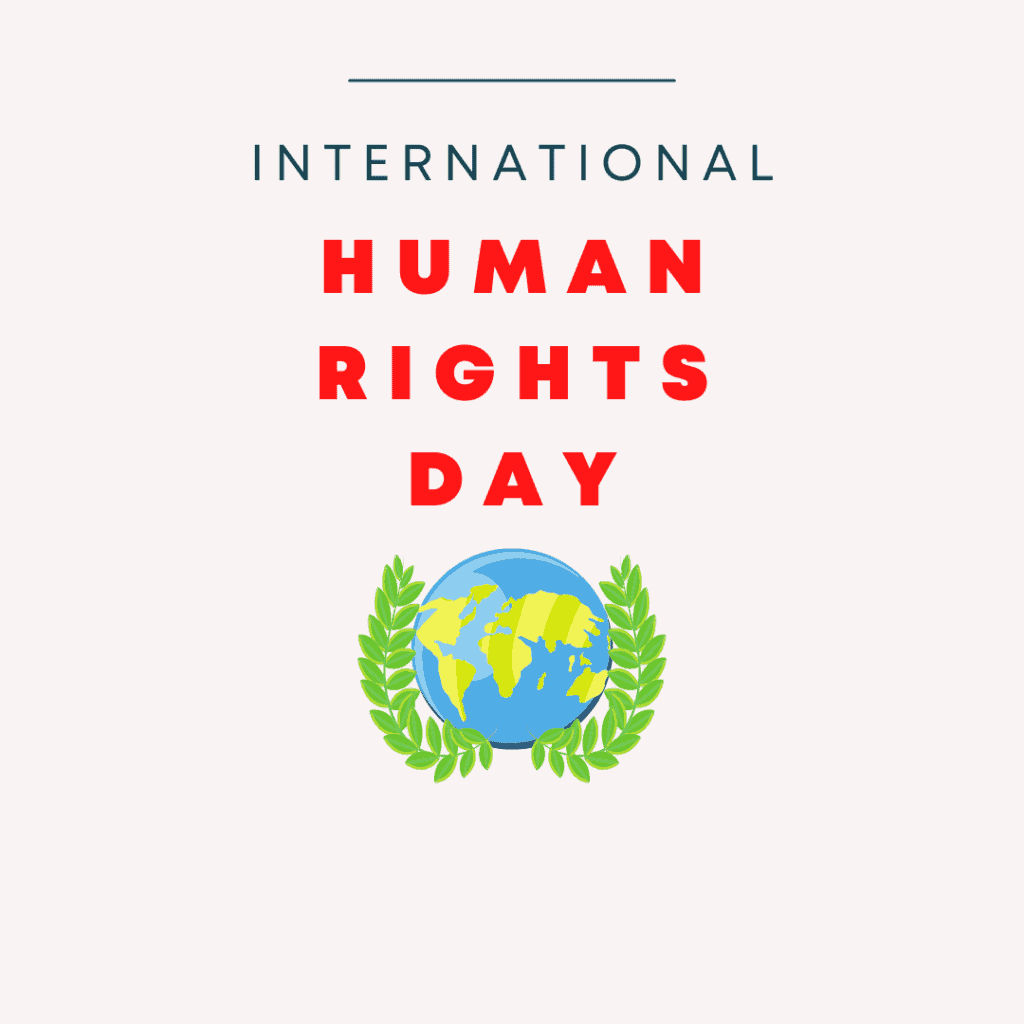December 10th: International Human Rights Day from an Islamic Perspective

December 10th, International Human Rights Day, provides a great opportunity to reflect on the inherent dignity and rights of every human being. The Quran explicitly emphasizes human dignity in the verse, “And We have certainly honored the children of Adam” (17:70). This verse underscores the intrinsic worth and respect due to all humanity, transcending race, color, language, or social status.
Similarly, the Quran proclaims the equality of all humans, “O mankind, We have created you from male and female and made you peoples and tribes that you may know one another. Indeed, the most noble of you in the sight of Allah is the most righteous of you” (49:13). From this verse, it is evident that differences in race, skin color, and language are intended to facilitate mutual recognition, not to serve as a basis for arrogance, superiority, or exploitation.
The Right to Life: A Foundational Human Right
The Quran emphasizes the sanctity of life in no uncertain terms, “Whoever kills a soul unless for a soul or for corruption [done] in the land – it is as if he had slain mankind entirely. And whoever saves one – it is as if he had saved mankind entirely” (5:32). This profound statement underscores the immense value of each human life and the universal responsibility to preserve it.
Modern Threats to Life and Dignity
Among the gravest challenges to the right to life is the development and use of aggressive weaponry, especially weapons of mass destruction. Each weapon produced has the potential to violate not only the right to life but also the right to health and safety. Certain weapons, with their enduring destructive effects, threaten future generations and the environment. As the Quran warns, “And when he goes away, he strives throughout the earth to cause corruption therein and destroy crops and animals. And Allah does not like corruption” (2:205).
The tragic events in Gaza and Lebanon in recent months—resulting in the deaths of thousands of civilians, widespread destruction of homes, hospitals, mosques, churches, schools, and universities—are stark evidence that immediate and decisive actions are needed to prevent the production, storage, and use of aggressive weaponry and weapons of mass destruction. The first step toward achieving this humanitarian goal is raising public awareness.
A Call to Action
On this day, we urge religious, cultural, political, and social leaders, human rights advocates, civil society activists, and journalists to not only address traditional human rights issues but also actively work against the production and use of aggressive and destructive weaponry. As an Islamic organization, guided by the teachings of the Quran and the Ahl al-Bayt (pbut), we believe that safeguarding human dignity, the right to life, the environment, and the well-being of future generations through education, advocacy, and concerted efforts are divine and religious duties for us and all other believers.

Leave a Comment:
You must be logged in to post a comment.